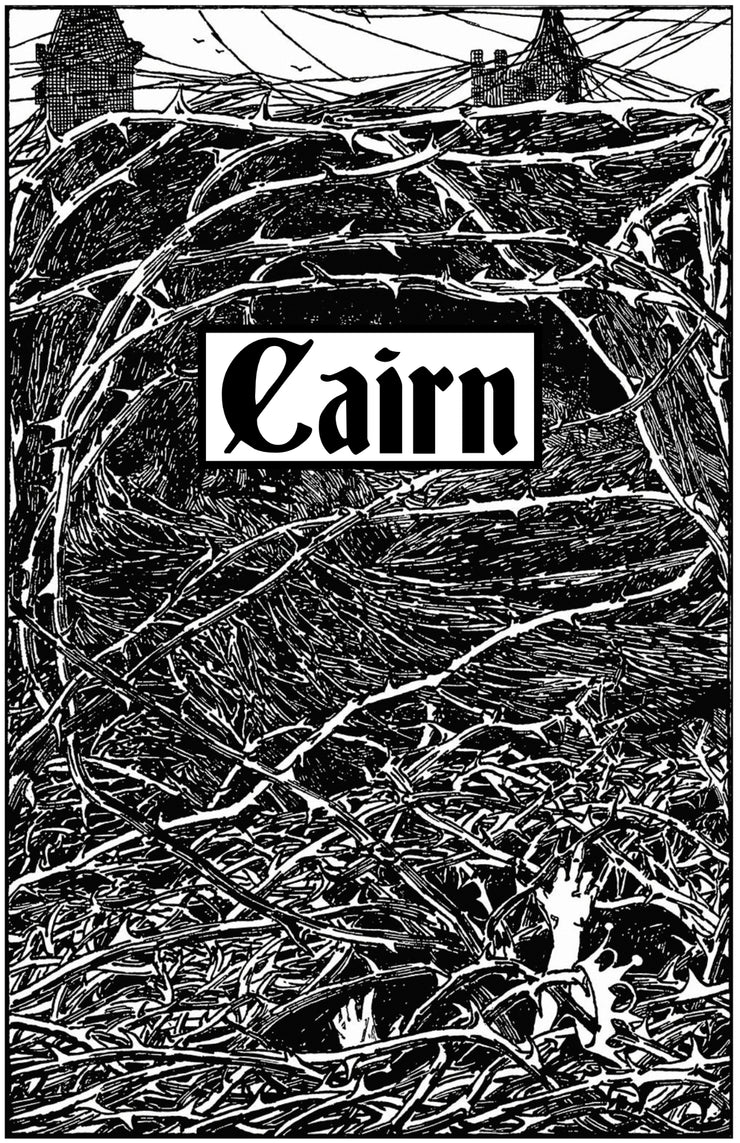Troika! Fantasy; Dark; New School Revolution (NSR); Exploration-Driven; Rules Lite; Character Customization; Collaborative Worldbuilding
Troika! is a rules-light, science-fantasy tabletop roleplaying game that emphasizes exploration, character customization, and collaborative worldbuilding within a uniquely weird and wondrous setting. Its New School Revolution (NSR) roots are evident in its focus on player agency and emergent storytelling, making it a refreshing alternative to more traditional RPGs.
Theme and Setting
Troika! plunges players into a cosmic multiverse filled with bizarre locales, dying gods, and peculiar inhabitants. The setting draws inspiration from New Wave fantasy and sci-fi works like Dying Earth and Viriconium, creating a world that feels both familiar and utterly alien. There are no extensive lore dumps; instead, the setting is revealed through items, spells, enemies, and character backgrounds, encouraging players to actively participate in shaping the world through their actions and interpretations. The game embraces British weirdness, offering a unique flavor that sets it apart from typical fantasy settings.
Core Mechanics and Rules
Troika! utilizes a simple, rules-light system built upon the foundations of Fighting Fantasy gamebooks. The core mechanic revolves around skills, which represent a character's abilities and are improved through play. Character creation is streamlined with a large number of unique backgrounds. Combat is made unpredictable by using a token-based initiative system where tokens, including an 'End Round' token, are drawn from a bag to determine turn order. Luck plays a significant role, decreasing as it's used. Weapon damage is determined by damage charts linked to a d6 roll, allowing diverse weapons.
What Makes It Unique
Several aspects contribute to Troika!'s uniqueness. The character backgrounds are exceptionally evocative, instantly providing players with a sense of who their character is and how they might behave. For example, the 'Sorcerer of the College of Friends' background immediately conjures an image of a naive academic ill-prepared for the real world. The gameâs emphasis on player-driven exploration and the lack of rigid lore encourages collaborative worldbuilding. The innovative initiative system and damage charts also add layers of unpredictability and flavor to gameplay. The setting, a blend of science fantasy and British eccentricity, creates a truly distinctive experience. The overall 'rule of cool' approach prioritizes fun and creativity over strict adherence to rules.
Target Audience and Player Experience
Troika! appeals to players who enjoy rules-lite systems, OSR sensibilities, and weird fantasy settings. It's particularly well-suited for those seeking a game that encourages creativity, collaborative storytelling, and player agency. The game's accessibility makes it easy for new players to jump in, while its depth and strangeness provide plenty of opportunities for experienced roleplayers to explore and experiment. The player experience is characterized by a sense of wonder, unpredictability, and freedom, as they navigate the multiverse and shape its realities alongside their fellow travelers.



